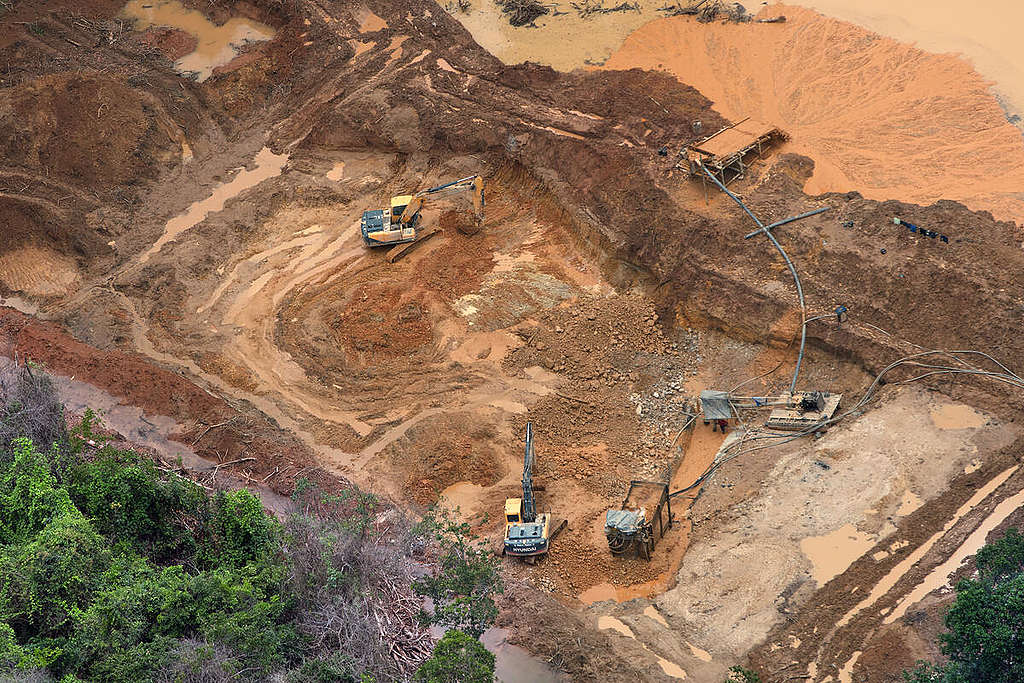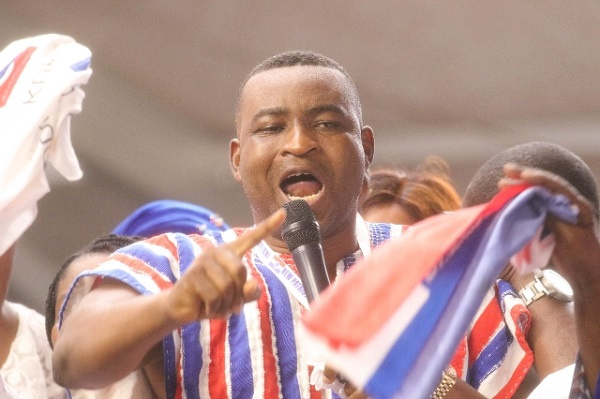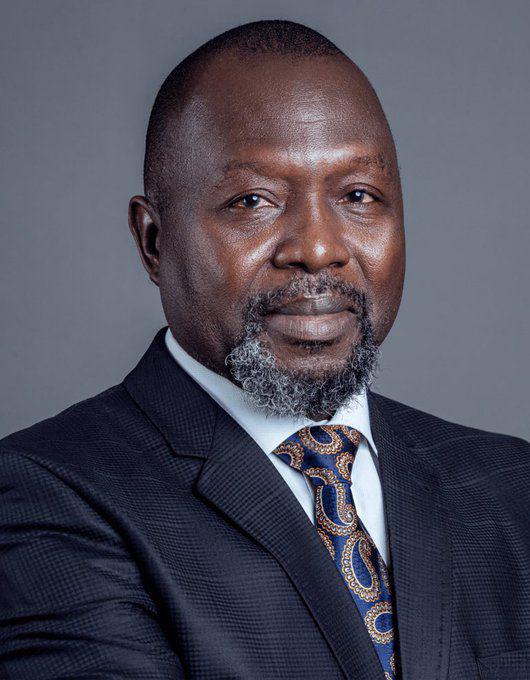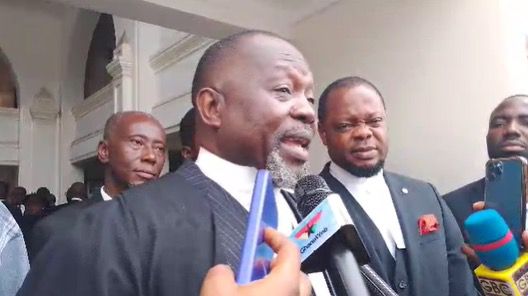Accra — On 3 November 2025, the Office of the Attorney-General (AG) formally dropped all charges against Mr Edward Akuoko, the General Manager and 4th accused in the high-profile criminal case involving Akonta Mining Company Limited and others. The decision followed Akuoko’s agreement to provide testimony for the State in the case before the Accra High Court (Criminal Division).
According to a Notice of Withdrawal signed by Deputy Attorney-General Dr Justice Srem-Sai and issued under Section 59 of the Criminal and Other Offences (Procedure) Act, 1960 (Act 30), the AG has withdrawn all charges against Akuoko “in respect of all the charges brought against him in this case.” The withdrawal comes after Akuoko agreed to cooperate with the prosecution and testify against the remaining accused in the case titled The Republic v Akonta Mining Company Limited & Others.
The case involves five accused parties: Akonta Mining Company Limited (1st Accused); Mr Bernard Antwi Boasiako (2nd Accused; aka “Chairman Wontumi”); Mr Kwame Antwi (3rd Accused, at large); Mr Edward Akuoko (4th Accused); and Mr Kwadwo Owusu Bempah (5th Accused, at large). They stand accused of conducting unauthorised mining operations in forest reserves in the Western Region, felling trees without permit, erecting structures in reserves, and operating without valid mining licences.

Illegal small-scale mining—commonly referred to in Ghana as “galamsey”—has been one of the most persistent environmental and governance challenges facing the country. The withdrawal of charges against a key accused in a major illegal-mining prosecution sends a signal about how complex and politically charged these prosecutions can be. For Ghana and the broader African region, which battle illegal mining and its impacts on forests, rivers and communities, the case underscores the difficulties in securing convictions, preserving evidence, and ensuring accountability in the mining sector.
Akonta Mining had been implicated in alleged illegal mining inside protected forest reserves: Government investigations found the company had no valid lease or forest-entry permit for operations in the Tano Nimiri Forest Reserve, despite claims to the contrary. In April 2025, the Government revoked Akonta Mining’s licence citing “overwhelming evidence” of operations in forest reserves, collection of illegal fees, and collusion with forestry and security officials.
Moreover, Ghana’s woods, water-bodies and ecosystems have been severely impacted by poorly regulated mining. Reports suggest that in some operations, companies have charged illegal miners GH₵300,000 per concession, or collected weekly royalties of 250 grams of gold, implicating both private and public actors in criminal syndicates.
What the Akonta case alleged

- Akonta Mining Company Limited (1st Accused): Allegedly carried out mining without a valid licence in the reserve, cleared over 300 merchantable trees without permission, and built structures in the forest reserve.
- Bernard Antwi Boasiako (2nd Accused): Alleged co-owner/director of Akonta, charged with unlicensed mining operations, abetting tree-felling and unauthorised structures.
- Kwame Antwi (3rd Accused – at large): Co-director; charges include unlicensed mining and facilitating timber and structure offences.
- Edward Akuoko (4th Accused): General Manager; accused of overseeing unlicensed mining, abetting felling of trees, erecting buildings without authority.
- Kwadwo Owusu Bempah (5th Accused – at large): Operations Manager; similar charges as Akuoko for unlicensed mining and structure offences within a forest reserve.
With the AG’s decision to withdraw the case against Akuoko, he will not face further prosecution or trial in this matter; however, the case continues against the remaining accused.
The controversy around Akonta Mining reflects broader issues faced by communities in Ghana’s forest-frontier zones. For example, in the Samreboi enclave of the Western North Region, investigators found Akonta-linked operations within protected compartments of the Tano Nimiri forest, suggesting a systemic failure of oversight and enforcement. Extraction of heavy equipment, firearms, vehicles and hundreds of excavators were part of a major raid in April 2025.
For local communities, illegal mining often means environmental degradation, loss of livelihoods, polluted rivers and damaged farmland. The Akonta case thus has implications not only for the corporate entity but for those living downstream and within forest buffer zones who rely on clean water and forest resources.
- The testimony from Akuoko may form part of the State’s case against the others, potentially strengthening prosecution efforts.
- Whether withdrawal of charges against a major accused will affect public confidence in the justice process and deter or embolden other actors in the mining sector.
- The ability of the courts and enforcement agencies to secure convictions in complex, resource-intensive illegal-mining cases.
- Further reforms in mining regulation, forest reserve protection and allocation of licences to ensure transparency and community protections.

The AG’s decision to withdraw prosecution against the fourth accused in the Akonta Mining case presents both an opportunity and a caution for Ghana’s fight against illegal mining. While it may aid the State’s case through testimony, it also raises questions about the strength of evidence and the capacity for full accountability in mining prosecutions. For Ghana and other African nations struggling with the “galamsey” challenge, the ultimate measure will be not only judgments in court, but visible outcomes in forest recovery, river restoration and deterrence of future illegal operations.

